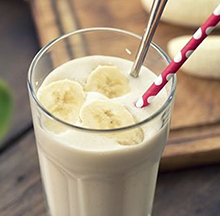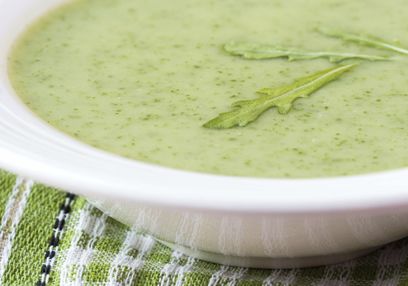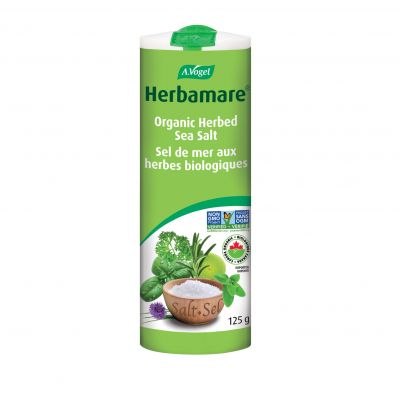BPH is so common that it almost follows an unofficial rule of 10 whereby your age indicates the likelihood of developing BPH. For example, at the age of 70, one might say the likelihood of having BPH is 70%. This line of thinking might lead us to assume that it's inevitable, but that couldn't be further from the truth.
What is benign prostatic hyperplasia?
To put it in the simplest terms, this is when the prostate gland of biological males begins to enlarge and causes urinary symptoms. Running through the centre of the prostate gland is the urethra, the tract that allows the passage of urine. When the tissue of the prostate gland enlarges, most commonly in the transition zone, it begins to place pressure on the tissue and results in urinary symptoms. This might mean
- waking up in the middle of the night having to pee,
- struggling to initiate urine flow,
- dribbling from the urethra, or
- having a sense of urgency.
How is it diagnosed?
When you begin to present symptoms, your primary care provider may suggest a digital rectal exam where the prostate gland is scrutinized for enlargement. This can be a result of numerous factors including pesticide exposure, diet, and physical activity.
What kinds of cold medications impact the prostate?
As mentioned, everything we put in our body has an impact on our health and the conditions we battle.
During cold & flu season, we might be more prone to grab a decongestant as we try and alleviate symptoms like clogged sinuses. In order to reduce the amount of mucous being released into the body, these nasal sprays often contain a class of medication known as adrenergic vasopressors. These drugs, including pseudoephedrine and phenylephrine can tighten muscles of the prostate gland and make it even more difficult to pee as they constrict around the urethra.
Another class of medications known as diuretics encourage fluid to move from the body and out through the urine. They are often used to treat high blood pressure and glaucoma or other conditions where fluid accumulates such as congestive heart failure. Considering BPH, a condition where you may already find yourself urinating far more than usual, diuretics could mean more trips to the bathroom. Also, in a manner not meant to rain on your parade, coffee is also known to have diuretic properties in higher doses.
The final class of medications worth mentioning are tricyclic antidepressants like amitriptyline and doxepin. These medications may reduce the contractions of the bladder muscle and put you at an increased risk of retaining urine in the bladder. This could lead to a urinary tract infection or even kidney damage over the long term.
I've been taking something and my symptoms have been getting progressively worse, what should I do?
The worsening of symptoms does tend to raise a red flag, especially if it is happening over a short period of time. This could indicate that you're slipping towards the realm of kidney damage, especially if you notice your urine has an orange tinge which could indicate blood.
This symptom is formally known as hematuria and occurs in 2-31% of the general population depending on factors like age and sex amongst others. Granted, hematuria can also occur following strenuous exercise, but this type of change should encourage you to make an appointment with your primary care provider.
What are some of my options to manage my experience with BPH?
- Saw palmetto (Serenoa repens) berries are one of the first options to complement traditional approaches to treating BPH which usually involves the use of a 5-alpha reductase inhibitor. These medications include dutasteride and finasteride and prevent the conversion of testosterone to dihydrotestosterone (DHT) which seems to be the more active form that stimulates the tissue of the prostate. Certain herbal compounds such as those found in the berries demonstrate antiproliferative and anti-androgenic properties, helping to improve BPH and the associated symptoms.
Prostate 1 is an extract of organic saw palmetto berries and is only a one a day formula. - Another approach is to avoid triggers including stress as it can lead to more severe symptoms. A 2007 study of 83 men put some through a mentally stressful test and those who experienced the highest amounts of stress retained the most urine afterwards.
- Other triggers include caffeinated beverages such as coffee that act as diuretics, moving fluid out of the body.
- Soy is another herbal remedy with some 5-alpha reductase inhibitor activity and the beta-sitosterols it contains decreased residual urine volume in the bladder in a double-blind, placebo-controlled study.
- Finally, look to your diet for the benefits of zinc which may help to prevent DHT from binding to receptors, even if it does get converted from testosterone. An early study from the 1970s demonstrated that supplementing with zinc reduced the size of the prostate gland and early symptoms of BPH, potentially through its preventative actions as well.
Take a peek at 'How Can Exercise Benefit your Benign Prostatic Hyperplasia?' and '4 Ways Alcohol Can Affect Your Enlarged Prostate' for more tips and to understand the condition a little more in-depth.
References:
https://www.aafp.org/afp/1999/0915/p1143.html
https://eje.bioscientifica.com/view/journals/eje/105/2/acta_105_2_026.xml
https://www.ema.europa.eu/en/documents/herbal-monograph/draft-european-union-herbal-monograph-serenoa-repens-w-bartram-small-fructus_en.pdf
https://www.eu-focus.europeanurology.com/article/S2405-4569(18)30070-1/pdf
https://www.ncbi.nlm.nih.gov/books/NBK482411/
https://www.ncbi.nlm.nih.gov/pmc/articles/PMC2084069/
https://www.ncbi.nlm.nih.gov/pmc/articles/PMC3114577/
https://pubmed.ncbi.nlm.nih.gov/6200703/
https://pubmed.ncbi.nlm.nih.gov/7540705/
https://pubmed.ncbi.nlm.nih.gov/23098784/
https://pubmed.ncbi.nlm.nih.gov/29901305/







